CUNY’s Ana Lucia Fuentes (pictured, left, with students, pre-pandemic) is a pandemic hero. A professor and scientist, her determination to educate others about COVID-19 has resonated throughout the university — and in immigrant communities and internationally — even as she and her medical resident son contracted the virus and her husband died from its complications.
When the pandemic hit New York City last spring, the professor’s biology students at LaGuardia Community College were researching bacteria in the East River. Fuentes quickly realized the students needed to shift their focus to the virus, which was hitting them and their families especially hard. She guided her students to use the knowledge they gained through their research of the coronavirus to create posters and informational brochures. Fuentes then had her students translate the brochures into languages they spoke at home or with family members, namely Spanish, Chinese and Romanian.
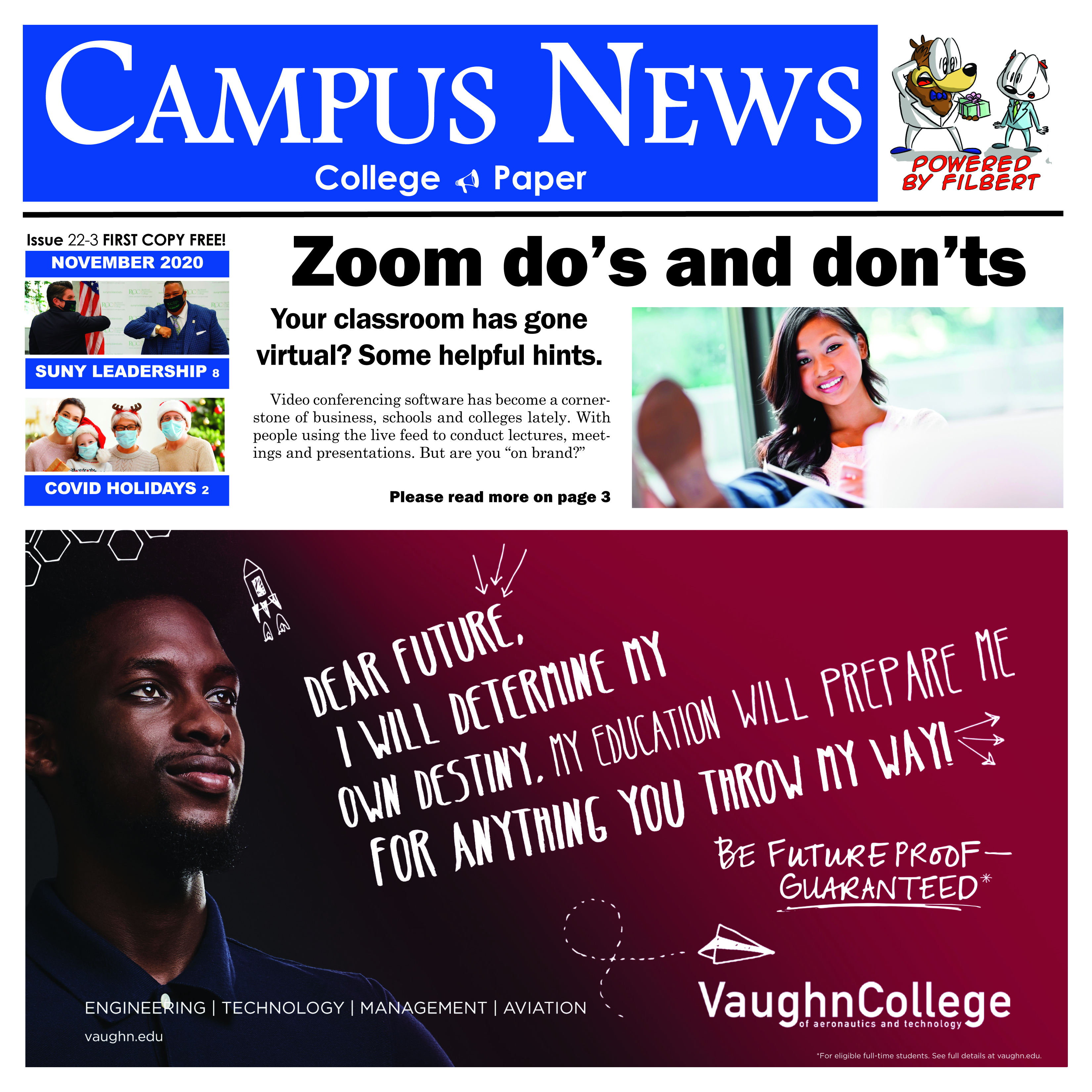
The translated brochures were eventually distributed by students and faculty online throughout CUNY. Students also distributed them in their neighborhoods, mindful that some relatives and neighbors would be more comfortable and better-informed reading about the virus in their native tongues. The brochures were also distributed in Guatemala, Colombia and Spain. All the while, Fuentes fought the effects of the virus, mourned the passing of her husband from COVID-19 and continued teaching her students.
“My students were really scared and disoriented,” said Fuentes, who is now recovered, as is her son who was working with COVIC-19 patients as a resident. “I know that many of my students are disadvantaged. Many of them live in very small places with their family members. Three students lost family members during the spring semester. A grandfather, a father-in-law and a third close relative. Many had relatives who were sick. A trigger went off for me. I realized I needed to talk to my students and tell them that what is really important here is to know what we are dealing with. This is biology and also your life. I feel a very, very articulated bond between the students and myself.”
“The valiant story of Professor Fuentes, of her family and of her students, shows us that even in the most trying hours of their lives the members of the CUNY community feel deep concern for others—and act on this concern,” said Chancellor Félix V. Matos Rodríguez. “From research posters, to town halls, to brochures that have both a local and international reach, Fuentes and her students did–-and continue to do—their utmost to educate those whose universally-shared fear and confusion could be lessened with information. While the people of CUNY honor Professor Fuentes, we also mourn her loss with her and are thankful to know that she and her son have recovered.”
Even while ill from COVID, Fuentes continued teaching remotely. During one class held via Zoom, her coughing prompted her students to implore her to take a break. Her husband, meanwhile, became so ill from the virus that he was hospitalized and suffered a fatal heart attack while being transported from the emergency room to the intensive care unit. He was a psychiatrist who, Fuentes says, insisted on seeing his patients in person as the pandemic progressed because he felt they needed him.
After her husband’s death in March, Fuentes took just two days off from teaching. “You feel that you need to do something for others. This is the only way I was going to be able to go ahead with my life.”
As for the brochures, Fuentes felt they would be most helpful and effective if presented in relatively simple terms with graphics. Student translations were edited by Fuentes, student Anastasia Aponte and LaGuardia Associate Professor of Biology Na Xu.
The brochures provide clear information on the origins of COVID-19, why it is so contagious and what is known about the ongoing push to develop a vaccine. The students also explored issues such as transmission of the virus from one animal species to another, its molecular biology and how it replicates its own cells. “The students were asked to summarize what impact the virus could have in terms of their different communities and living conditions,” said Fuentes, a plant virologist who now conducts research in immunology.
A native of Guatemala, Fuentes still has friends in the country. When the brochure translations were completed, one of those friends, who is an environmental activist, asked for an electronic copy of the Spanish version so that she could print and distribute them in neighborhoods on the outskirts of Guatemala City. Another friend had the same idea for San Sebastián, Spain,adding “everyone in my family wants one.”
Most recently, the brochure is being printed and distributed in Cucuta, Colombia, through a gender-based violence prevention project, “Cosas de Mujeres.” Fuentes has also sent the brochures to friends and family with contacts in Latinx communities as far as Los Angeles.
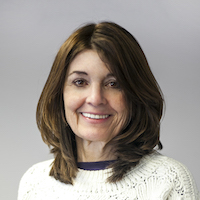 The brochures were sent to the LaGuardia community through the AdAstra newsletter, which showcases undergraduate research.
The brochures were sent to the LaGuardia community through the AdAstra newsletter, which showcases undergraduate research.
The link was also posted on the website of the CUNY Research Scholars Program (CRSP), a program often lauded for the unique research opportunities it provides for community college students.
Fuentes spearheaded a virtual town hall in the spring so that LaGuardia students could learn about the virus and ask questions. With the support of the CRSP, the town hall became a university-wide event in October. Another is planned for February.
That Fuentes persevered under the most difficult of circumstances, may be reflective of her family history. Her father Alberto Fuentes Mohr was a prominent Guatemalan economist and politician, one of the founders of the country’s progressive Social Democratic Party and a renowned Central American activist whose life was often in danger as a result of his activism. In 1979, when she was a 21-year-old student, her father was assassinated by the country’s military.
“You think you are going to learn about biology and trees; you don’t expect to learn about courage,” said Claire Sansaricq, one of Fuentes’ students. “But knowing that she would be there with us twice a week and giving us lectures and doing this in the context of her personal life was such an inspiration.”
Bonus: The Comics (Click on Other Stories to See More Comics)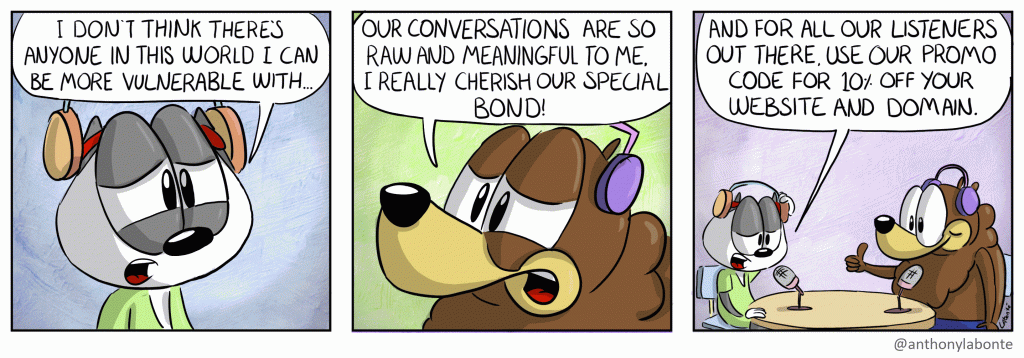
“Filbert” by LA Bonté. In agreement with the artist. Click to Expand.



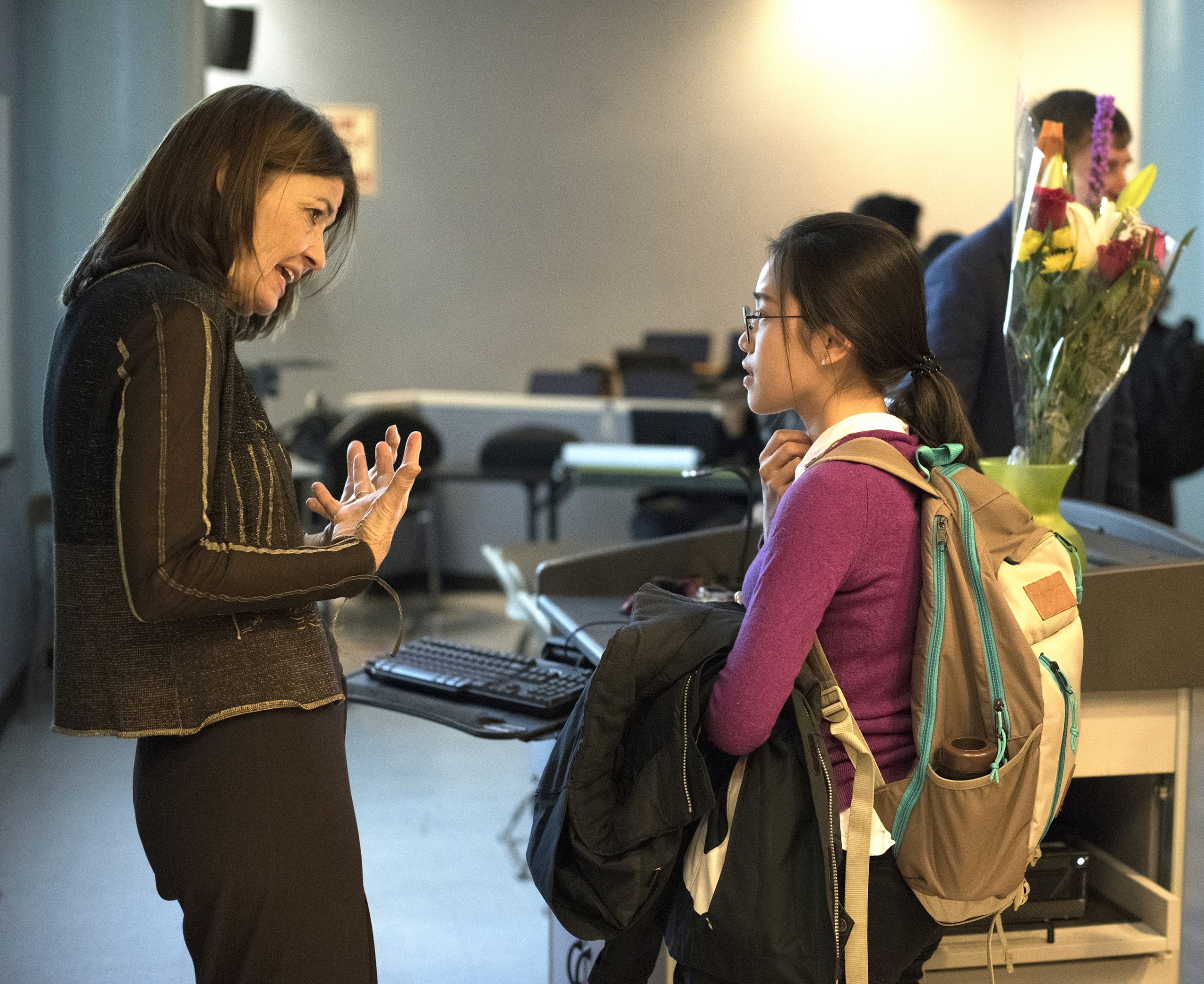
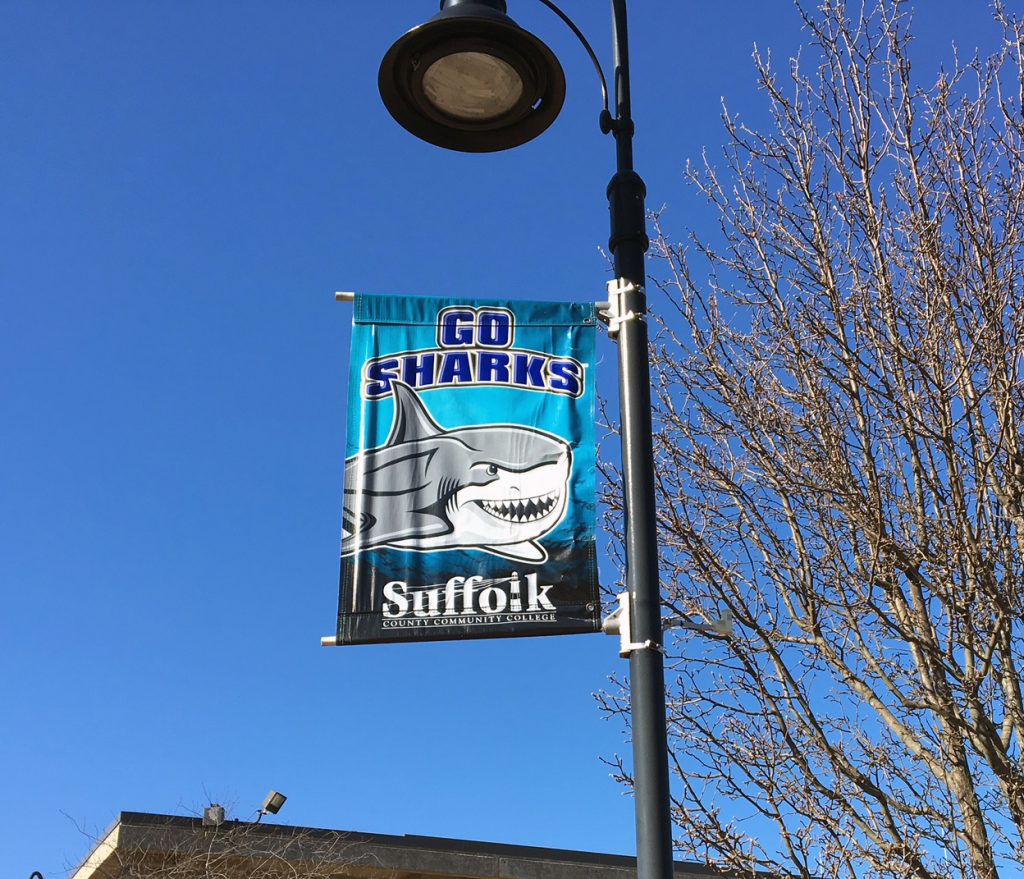
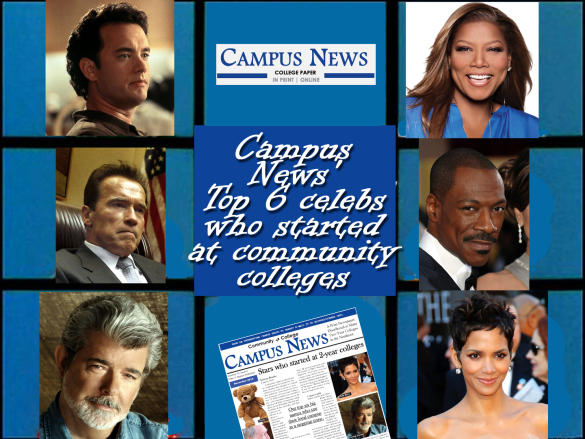
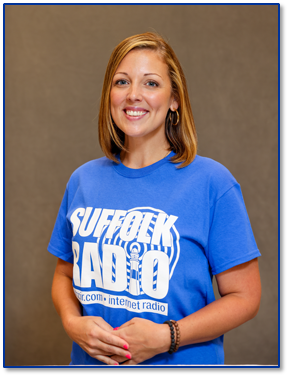
Facebook Comments